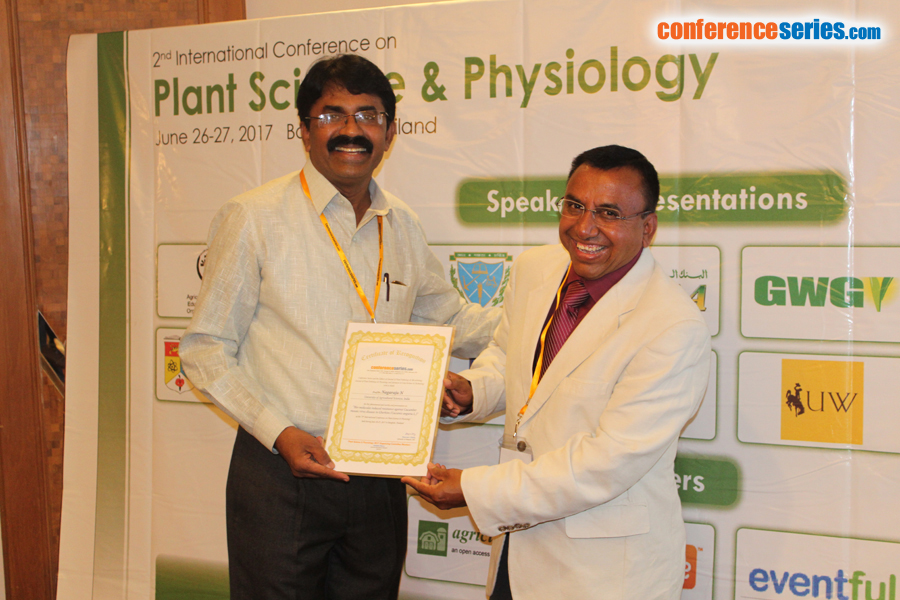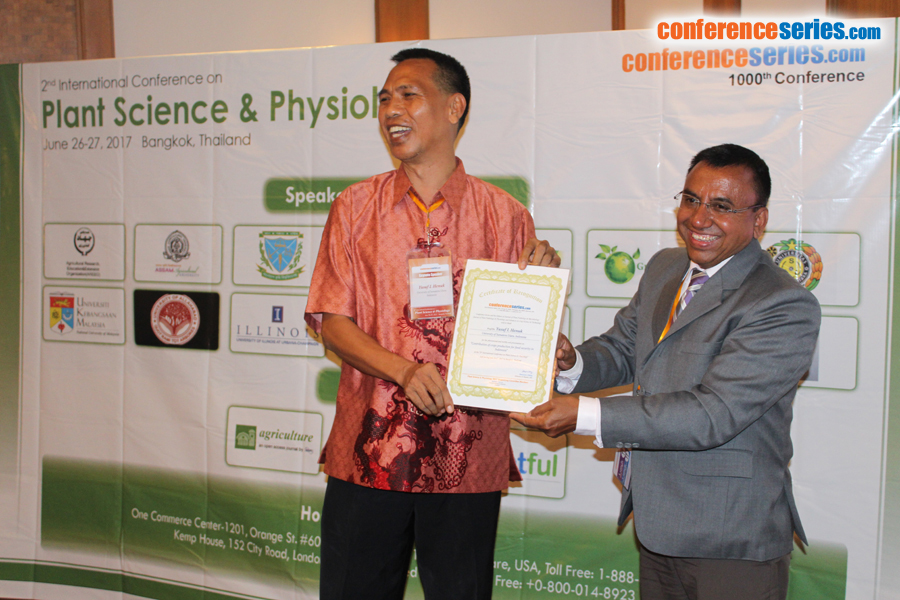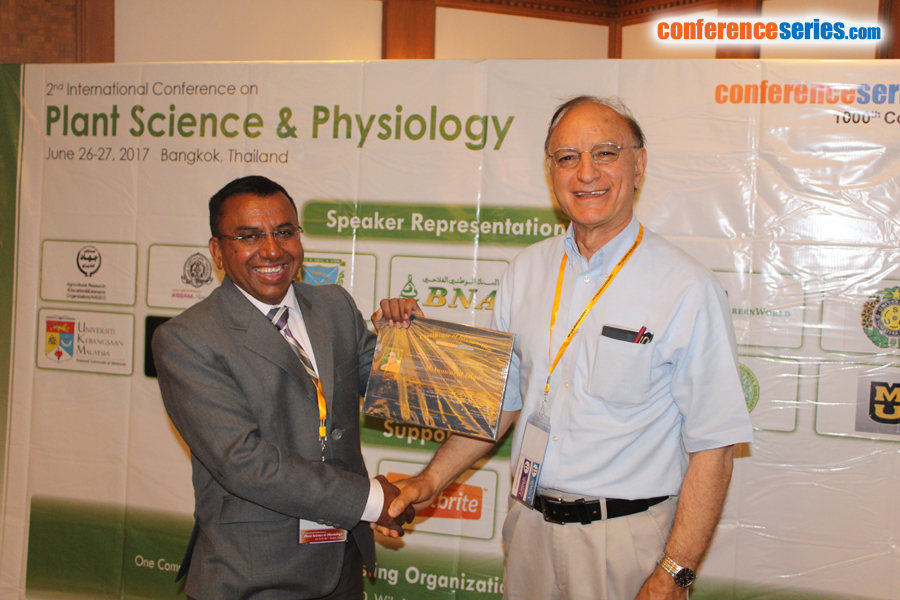
M Anowarul Islam
University of Wyoming, USA
Title: Understanding plant diversity and physiology for resilient production systems and environmental benefits
Biography
Biography: M Anowarul Islam
Abstract
Forage crops play a major role in the nation’s economy, especially in the economy of the western states of USA due to presence of vast grasslands. However, forage yields in these states have been declining. For example, in Wyoming, forage yields are below the national average over the past few years. There are a number of factors that contribute to this low productivity and sustainability. Examples include declining plant diversity, reduction of biodiversity, less adapted plant species, monoculture practices, and soil degradation, especially soil mining. Many studies conducted locally, regionally, and internationally suggest that maintaining plant diversity with adapted species is important for the productivity, efficiency, and resiliency of grassland production systems. For instance, a recent extensive review shows that mixtures of species produce an average of 1.7 times more biomass than species monocultures and are more productive than the monoculture. Also, it is shown that, in some experiments, diverse polycultures achieve greater biomass than their single most productive species. The net effect of diversity and the probability of polycultures are more productive than their most productive species which increases through time. This occurs because of the magnitude of complementarity which increases when the experiments are run for a longer time. Also, it is shown at eight European field sites, a simulated study by synthesizing grassland communities with different numbers of plant species, that there is an overall log-linear reduction of average aboveground biomass with loss of species. Field studies being conducted at different locations in Wyoming demonstrate that mixtures (binary or polycultures) produce more biomass with high quality compared to monoculture. There are also positive impacts of mixtures on stand persistence, soil properties and environment, microbial population, and economic returns. Details about plant diversity and its impacts will be discussed in the presentation.
Speaker Presentations
Speaker PPTs Click Here





